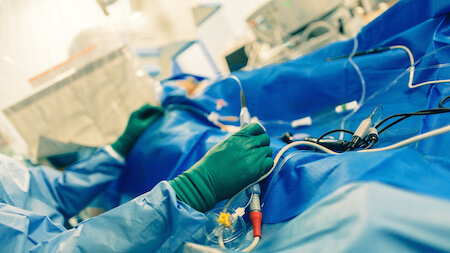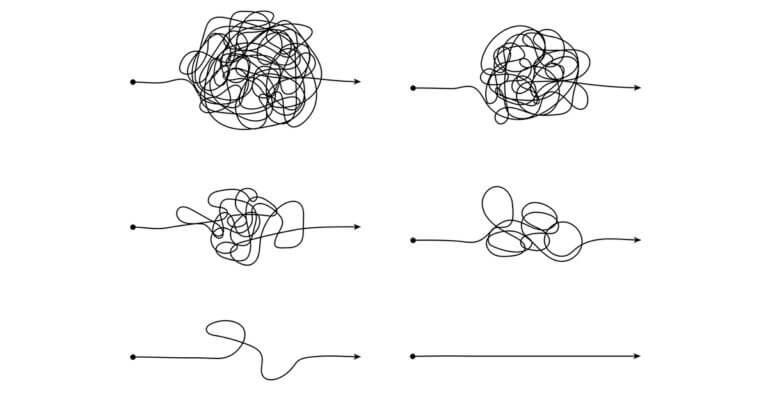June 26, 2019
Cardiac Conflicts Put Payments Ahead of Patients

It seems that the Healthcare Industrial Complex® is alive and well in the cardiac catheterization and electrophysiology laboratories at the top heart hospitals across the country.
At least that’s the implication from a short but insightful research letter that appeared in JAMA Internal Medicine earlier this month.
Seven doctors affiliated with the medical schools at Yale and East Carolina universities and two hospitals decided to look into the payments made by industry, mostly notably medical device manufacturers and group purchasing organizations, to the medical directors of CC and EP labs at the leading heart hospitals.
“Payments made from industry to medical directors of CC and EP laboratories have the potential to create conflicts of interest,” said the doctors, who defined such conflicts as a secondary interest that may exert undue influence on decisions affecting a primary interest—in this case, patients’ health.
Their study pool consisted of 195 medical directors at CC and EP labs at the top 100 cardiology and heart surgery hospitals as ranked by U.S. News & World Report in 2017. The data on industry payments to the medical directors in 2017 came from the Open Payments Program database maintained by the CMS. The database tracks payments to doctors and hospitals in 16 categories, including compensation for services, consulting fees, honoraria, grants and gifts.
The doctors wanted to know a few things, including:
- How much the medical directors got in payments from industry.
- How much the medical directors got in payments from industry compared with physicians in the same specialties in the same markets who were not medical directors.
- Whether there was any correlation between industry payments to the medical directors and their hospitals’ scores in the S. News & World Report rankings.
- Whether there was any correlation between industry payments to the medical directors and their contribution to the scientific or medical literature in their medical specialty area.
I know you already know the answers, but I’ll give them to you anyway.
- Total payments to the 99 CC lab medical directors were about $1.4 million in 2017 with the average payment per physician being $14,305. Interventional cardiologists practicing in the same market got an average of $10,077, or almost 30 percent less.
- Total payments to the 96 EP lab medical directors were about $2.3 million in 2017 with the average payment per physician being $24,036. EPs practicing in the same market got an average of $17,583, or almost 27 percent less.
- Did the 125 CC and EP lab medical directors do anything extra to deserve those extra payments like making their labs the best in the country or improving the practices of EP or CC? Not really. Payments were “poorly correlated” with top 100 heart hospital scores and “weakly correlated” with contributions to the scientific or medical literature, according to the study.
“Our study suggests that a large proportion of CC and EP laboratory directors have notable financial relationships with industry,” the doctors said in their study. “Going forward, it will be important to understand whether biomedical industry payments to laboratory directors influence clinical decision-making within the procedural areas they oversee.”
I understand what’s happening, and so do you. And so do the doctors who decided to look into this and I’m sure had a pretty good idea of what they’d find before they started. Like in any industry, the money flows to the people in a position to make purchasing decisions. In this case, it’s the medical directors.
“With continued concerns about rising health care costs, it is important to ensure that physician decisions regarding choice of devices and other pharmaceutical therapies be driven by clinical and cost-effectiveness, not industry influence,” the doctors said politely.
What will it take to break up the healthcare industrial complex?
For some ideas on how to put patients ahead of payments, please read “Eisenhower’s Prophesy” on 4sighthealth.com.
Thank you.
Author
David Burda is a columnist for 4sight Health and news editor of 4sight Friday, our weekly newsletter. Follow Burda on Twitter @DavidRBurda and on LinkedIn. Read his bio here.





